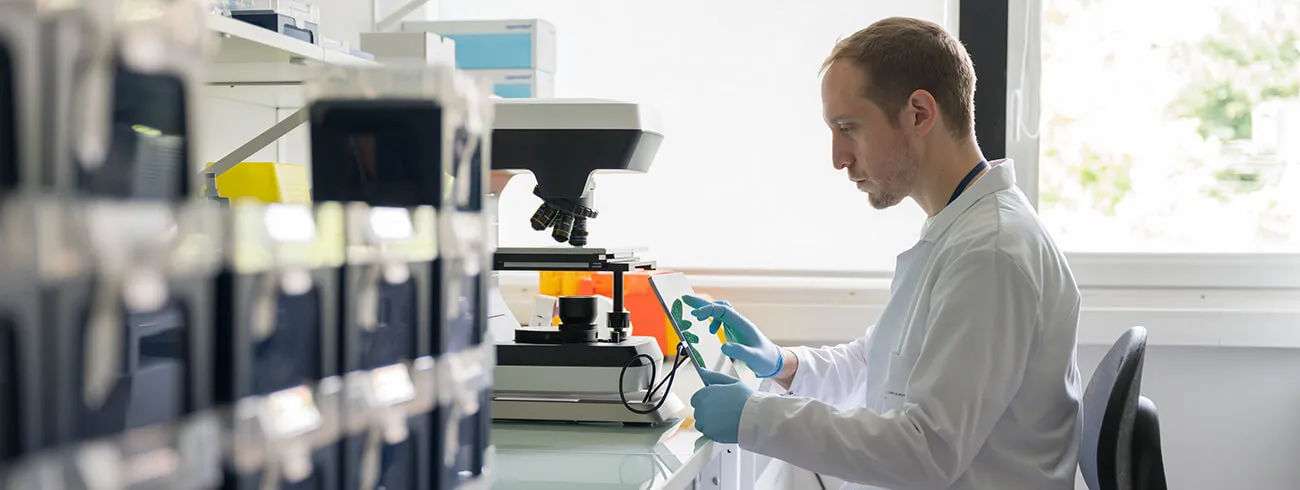- Home >
- Research and Innovation
Research and innovation at Institut Curie

At Institut Curie, basic, translational and clinical research is articulated in a research-care continuum that accelerates innovation for the benefit of patients.
The foundation of the Curie model, this virtuous circle of medical-scientific knowledge and excellence is also a source of the transfer and use of new technologies for medical innovation.

The Research Center
The Research Center of Institut Curie brings together 1,200 collaborateurs, 13 mixed research units, 86 teams and 19 technological platforms in order to improve knowledge of the life sciences and to advance in the fight against cancer.

L'innovation thérapeutique
La recherche clinique vise à évaluer, dans un cadre strictement contrôlé, l’efficacité, la tolérance et l’innocuité, chez l’homme, des innovations diagnostiques et thérapeutiques issues des laboratoires de recherche. A l'Institut Curie, plus de 2 000 patients bénéficient chaque année de traitements innovants en participant à un essai clinique.
Accélérer l'innovation en connectant tous les acteurs

Transfert de technologie
Le transfert de technologie à l'Institut Curie transforme les inventions issues de ses chercheurs, médecins et soignants en applications concrètes et impactantes au bénéfice de la société et des patients.

Données
Diagnostics précoces, nouvelles pistes de traitement… Les données ont vocation à être un vecteur d’accélération de la recherche et de l’innovation, à tous les stades de la prise en charge du patient.
Rejoindre le Centre de recherche de l'Institut Curie
Professionnels de la recherche, rejoignez une structure reconnue internationalement pour l’excellence de sa recherche fondamentale et les innombrables progrès qui en découlent en matière de lutte contre le cancer.

- 50€
- 100€
- 150€
- 500€
- Montant libre
After tax deduction, your donation costs you 51.00€



 Research units
Research units Research teams
Research teams  Technological platforms
Technological platforms